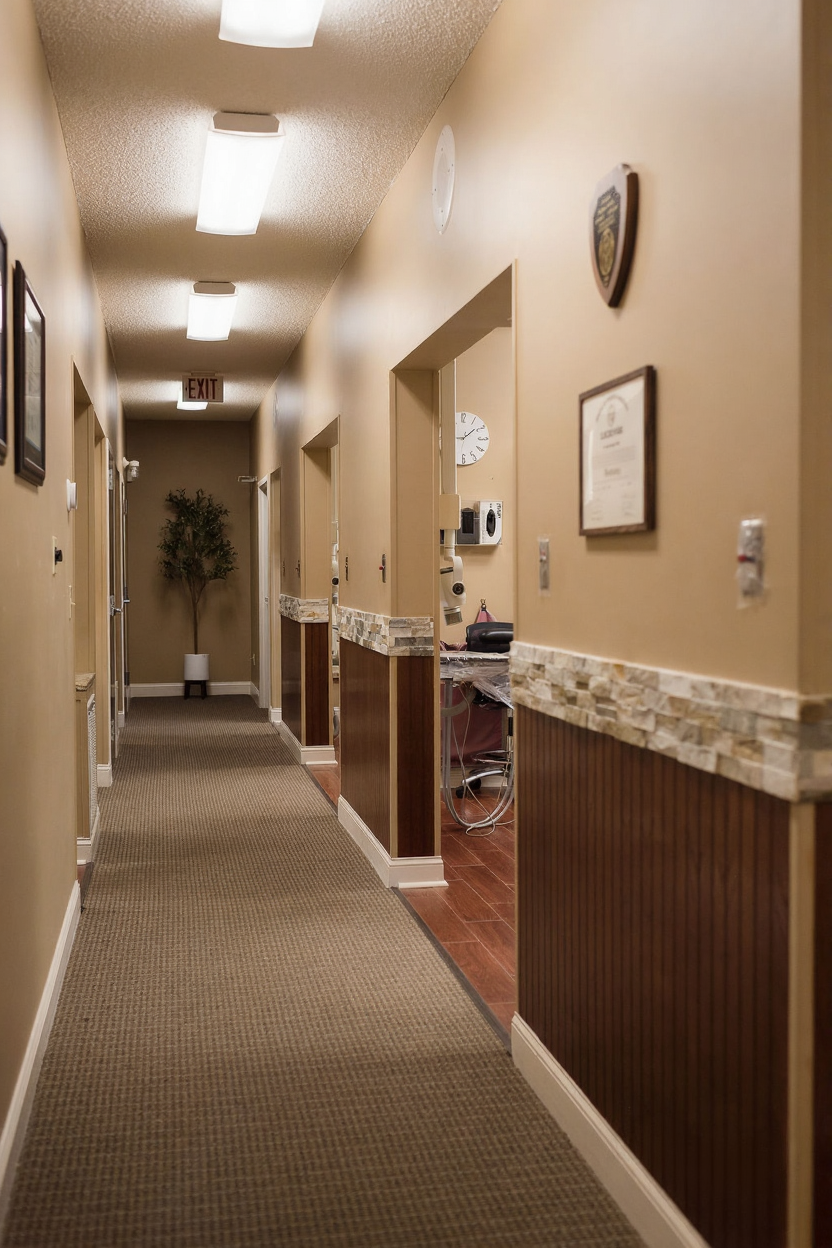Frequently Asked Questions
Who is a suitable candidate for dental implant restoration, and what factors might affect eligibility?
Ideal candidates for dental implant restoration generally have good oral health, sufficient bone density in the jaw, and healthy gums. Factors that can affect eligibility include the patient's overall health, the quality and quantity of existing jawbone, and any existing oral health conditions. Conditions such as uncontrolled diabetes, certain medications, or a history of radiation therapy to the jaw may impact the success of dental implant surgery. A thorough examination and consultation with a dental professional are essential to determine an individual's suitability for dental implant restoration.
Are dental implants safe?
Yes, dental implants are indeed safe. They are a well-established, tried-and-tested treatment. It's probably true to say that implants, much like natural teeth, will last for as long as you care for them. Dental implants are made from titanium, a material that's well tolerated by bone and integrates easily with bone tissue. At Vibrant Dental, Dr. Valdes, a leading dentist in Hendersonville, NC, ensures the highest safety standards are followed during the dental implant procedure.
Can dental implants be removed?
Technically, dental implants can be removed, but it's not a simple process. Once a dental implant is placed and integrated with the jawbone, it's intended to be a permanent solution. However, if there's a significant issue, such as infection, improper placement, or the implant fails to integrate with the bone properly, it might need to be removed. Dr. Valdes at Vibrant Dental has years of experience in dealing with such complexities and ensures the best solution for your dental health.
Are tooth implants painful?
Most people who have received dental implants say that there is very little discomfort involved in the procedure. Local anesthesia can be used during the procedure, and most patients report that implants involve less pain than a tooth extraction. After the dental implant, mild soreness can be treated with over-the-counter pain medications. At Vibrant Dental, we prioritize patient comfort and ensure a virtually painless experience during the dental implant procedure.
Can tooth implants fail?
While dental implants typically have a high success rate, there can be instances where they fail. The failure could be due to several reasons including poor oral hygiene, smoking, or uncontrolled diabetes. However, with regular check-ups and good oral hygiene practices, the risk of failure can be significantly reduced. Dr. Valdes at Vibrant Dental provides comprehensive aftercare instructions to ensure the longevity of your dental implants.
How long does the dental implant process take?
The dental implant process typically takes several months from start to finish. After the initial consultation, the implant placement surgery is usually completed in one appointment. Following this, there's a healing period of about 3-6 months where the implant integrates with the jawbone, a process called osseointegration. Once healing is complete, the final crown is placed. The exact timeline can vary depending on individual factors such as bone density, overall health, and whether additional procedures like bone grafting are needed. Dr. Valdes at Vibrant Dental will provide you with a personalized treatment timeline during your consultation.
Can I get an implant years after extraction?
Yes, it's possible to get a dental implant years after tooth extraction. However, the longer you wait, the more likely it is that you may need additional procedures such as bone grafting. This is because the jawbone tends to shrink over time when there's no tooth root to stimulate it. During your consultation at Vibrant Dental, Dr. Valdes will assess your oral health and bone density to determine if you're a good candidate for implants, even years after extraction. If necessary, he can recommend treatments to prepare your mouth for successful implant placement.















